In a personal injury lawsuit in Nevada there are many details to consider. Many of those details come to light in the discovery process. This is the phase of litigation where both attorneys ask for information from the other party. It happens during pretrial, and is designed to locate admissible evidence.
Legally, both sides have to provide the opposing party with the information that party is asking for, because that reduces the chances of one party being “blindsided” during the actual trial. In a lot of cases, a personal injury attorney can help their client settle out of court, avoiding a trial entirely. Whether there is a trial or not, though, the discovery process is still handled the same way.
What Happens in the Discovery Process?
During the discovery process in Nevada, there will be four specific areas of consideration. These are:
- Asking for interrogatories
- Making requests for production
- Making requests for admission
- Requesting depositions
Most of what is uncovered during the discovery process won’t actually have a bearing on the case. However, learning all they can about the case is important for a personal injury lawyer. Even issues that don’t seem important at the time could be found valuable later, depending on other facts that come to light during settlement negotiations or a trial.
Interrogatories Must be in Writing
Nevada requires that all interrogatories appear in writing. They also have to be under oath. These are questions that are mailed to the opposing side of the case, looking for information on additional witnesses, personal background, and any documentation that might support the case. While these questions must be answered fully and honestly, your personal injury attorney can object to anything that’s too vague, irrelevant to the case, or too broad in scope.
Requests for Production and Admission
Requests for production ask for non-privileged information from the other party. This can include repair estimates, medical bills, photographs, invoices, W-2 for lost wage verification, and reports from experts. If the other party is asking for privileged or irrelevant information your personal injury lawyer can raise an objection to providing that information.
A request for admission involves affirming or denying relevant facts in a personal injury lawsuit. It’s important to respond to these requests, as failing to do so is considered to be an admission that the questioned facts are true. Honesty also matters. If you deny a fact, and it’s proven to be true, you could face liability for the costs of investigating that fact.
The Importance of Depositions
A deposition is a formal session where questions are asked and answered. Generally, both parties to the personal injury lawsuit, their attorneys, and a court reporter all get together. In some cases, video or telephone conferences are chosen instead. The deposing attorney asks questions, and the person being questioned (the deponent) must answer under oath.
Work With a Trusted Attorney
Because the discovery process in a personal injury lawsuit in Nevada can take months or years, you want to have trusted legal representation on your side. Working with a personal injury lawyer can help protect your interests and increase your peace of mind throughout the length of your case.



 Pursu Agency
Pursu Agency